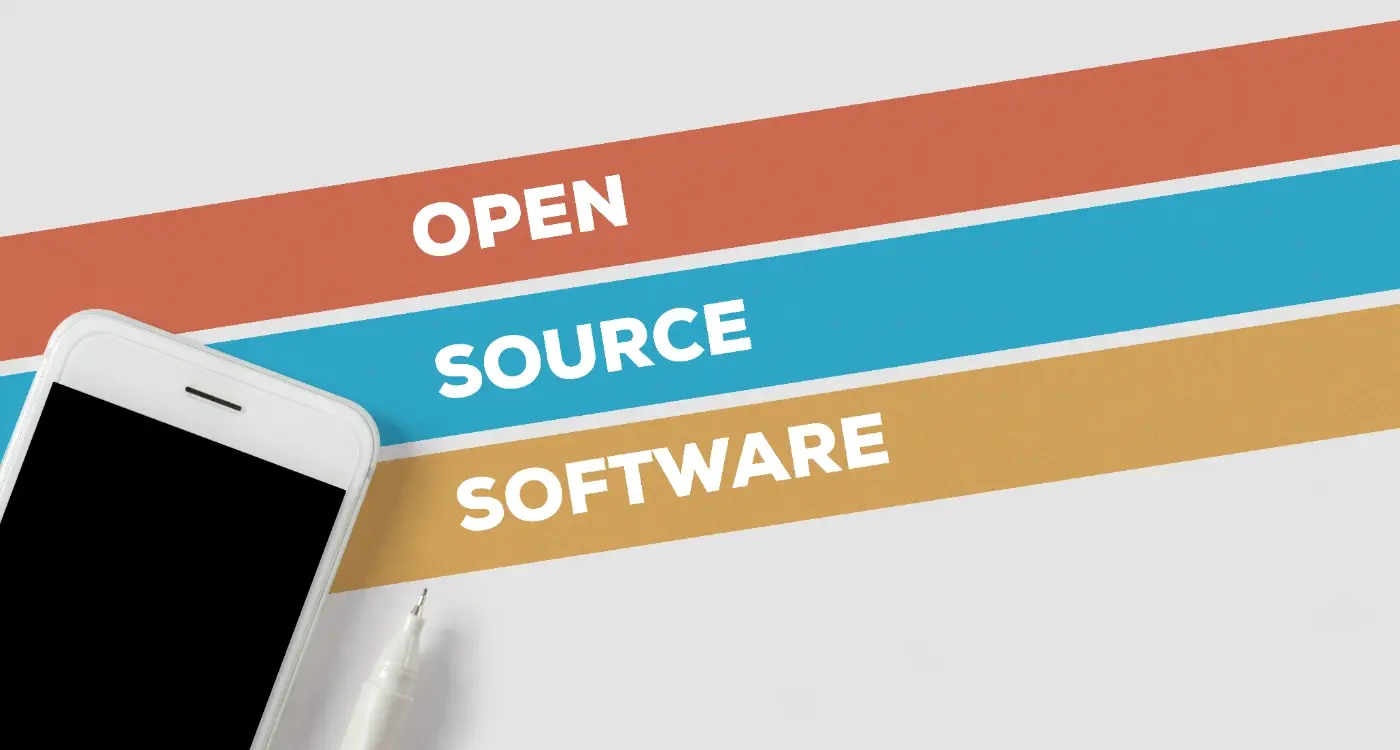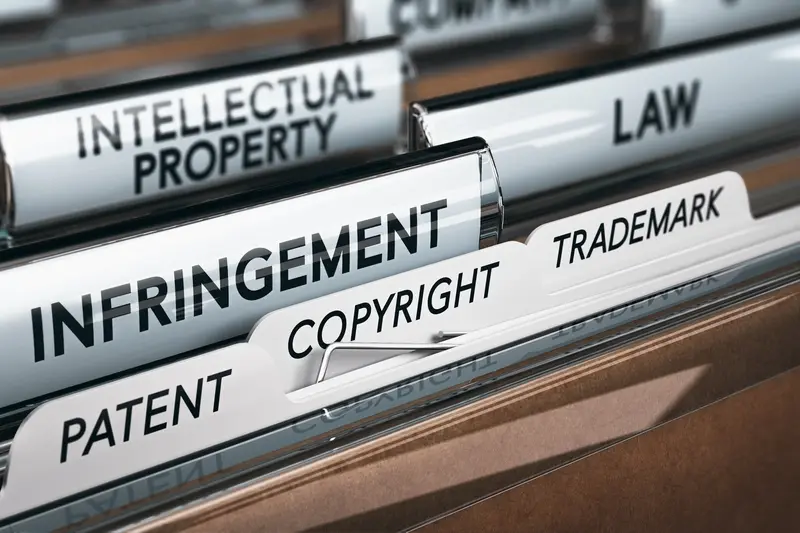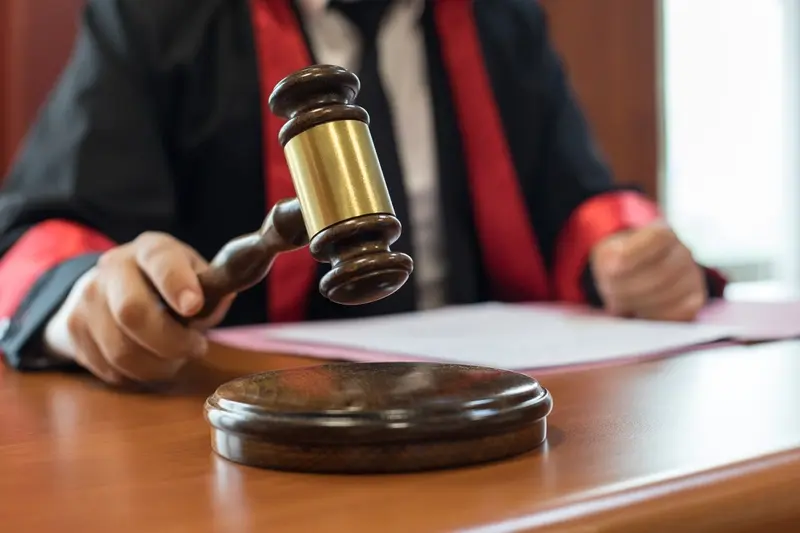Am I Legally Responsible for What People Do on My App?
I've been building mobile apps for over eight years now, and let me tell you—the question of app developer liability keeps more founders awake at night than caffeine ever could. Every week I get calls from clients asking the same thing: "If someone does something illegal or harmful using my app, am I going to get sued?" It's a fair question, and honestly, one that deserves a proper answer rather than the usual legal jargon that makes your eyes glaze over.
The truth is, mobile app legal responsibility isn't as black and white as most people think. You're not automatically liable for every single thing your users do, but you're not completely off the hook either. There's a middle ground where your developer legal obligations sit, and understanding this space can save you from sleepless nights and expensive legal bills down the road.
The best defence against app liability issues is understanding what you're responsible for before you launch, not after someone threatens legal action
Throughout this guide, we'll break down everything you need to know about app developer liability—from the basics of what makes you legally responsible to how proper app terms of service can protect you. We'll cover data protection laws, user-generated content risks, and those common pitfalls that catch even experienced developers off guard. By the end, you'll have a clear picture of where you stand legally and what steps you can take to protect yourself and your business.
Understanding App Developer Liability—The Basics
Right, let's get straight to the point here. If you're building an app, you're probably wondering just how much trouble you could get into if someone does something dodgy on your platform. The short answer? It depends—but don't worry, it's not as scary as it sounds once you understand the basics.
Think of app developer liability like being the owner of a building. You're not responsible for every single thing people do inside, but you do have certain duties. The law generally recognises that developers can't control every user action, which is good news for us!
The Two Main Types of Liability
- Direct liability: When you or your app directly causes harm
- Indirect liability: When users cause harm through your app
Most of the time, you won't be held responsible for what users do—but there are exceptions. If you actively encourage illegal behaviour, ignore obvious problems, or fail to remove harmful content when legally required, you could find yourself in hot water.
Your Legal Safety Net
The good news is that many countries have "safe harbour" laws that protect platforms from user actions, provided you follow certain rules. These laws recognise that holding developers responsible for every user action would basically kill innovation overnight.
Your main job is to act reasonably when problems arise and have proper systems in place.
What Actions Can Make You Liable
Right, let's get into the nitty-gritty of what can actually land you in hot water as an app developer. I've seen plenty of developers over the years who thought they were completely protected, only to find themselves facing legal issues they never saw coming.
The truth is, there are several ways you can become legally responsible for what happens in your app. Direct involvement is the big one—if you're actively encouraging illegal behaviour or knowingly allowing it to continue, you're asking for trouble. I once worked with a client who wanted to build a marketplace app but kept ignoring reports of counterfeit goods being sold. That's a recipe for disaster.
Actions That Increase Your Risk
- Ignoring repeated reports of illegal content or activity
- Actively promoting or encouraging harmful behaviour
- Collecting user data without proper consent or security measures
- Failing to implement basic safety features when you know risks exist
- Not having proper age verification for adult content
- Allowing copyright infringement to continue unchecked
The key difference between being a neutral platform and being liable often comes down to knowledge and action. If you know something dodgy is happening and you don't take reasonable steps to address it, that's when courts start looking at you differently.
What many developers don't realise is that even your app's design choices can create liability. If you build features that you know will primarily be used for illegal purposes, that's not going to look good in court.
User-Generated Content and Your Responsibility
Here's where things get really interesting—and honestly, a bit scary for app developers. When users start posting, sharing, or uploading content on your app, you're not automatically responsible for everything they do. But (and it's a big but) there are some situations where you could find yourself in hot water.
The general rule is that you're protected by something called "safe harbour" provisions. This means if someone posts something illegal or harmful on your platform, you won't be held liable—provided you act reasonably when you become aware of it. Think of it like being the owner of a notice board; you're not responsible for every piece of paper someone pins up, but if someone tells you there's something dodgy there, you need to take it down.
When You Could Be in Trouble
Your protection disappears if you actively encourage illegal content or ignore obvious problems. The key areas where developers often slip up include:
- Not having proper reporting mechanisms for users
- Failing to remove clearly illegal content once notified
- Actively promoting or endorsing harmful user posts
- Not having any moderation systems whatsoever
Protecting Yourself
The smart approach is to build moderation tools from day one—even if your app is small. Set up clear community guidelines, make it easy for users to report problems, and respond quickly when issues arise. I've seen too many developers think they can deal with this "later" only to face serious legal challenges down the road.
Terms of Service—Your Legal Shield
I've seen too many app developers treat their terms of service like an afterthought—copying and pasting some generic text they found online. Big mistake. Your app terms of service are one of the most powerful tools you have for protecting yourself from liability, but only if they're written properly and actually enforceable.
Think of your terms of service as the rulebook for your app. They tell users what they can and can't do, what happens if they break the rules, and most importantly for you—they limit your legal responsibility. Without proper terms, you're leaving yourself wide open to all sorts of legal headaches.
What Should Your Terms Include?
Your terms need to cover user behaviour, prohibited activities, content ownership, and liability limitations. You'll want clauses about account termination, dispute resolution, and governing law too. Don't forget about app store compliance—Apple and Google have their own requirements that need to be reflected in your terms.
A well-written terms of service agreement is like having a good lawyer on standby—it won't prevent every problem, but it'll certainly help you deal with the ones that do arise
Here's the thing though—terms of service aren't magical legal shields that protect you from everything. They need to be reasonable, clearly written, and properly presented to users. Courts won't enforce terms that are hidden, unfair, or completely one-sided. Get a lawyer to review yours; it's money well spent.
Data Protection and Privacy Laws
Right, let's talk about something that keeps many app developers awake at night—data protection laws. And honestly, it should! I've seen too many developers treat user data like it's their own personal goldmine, only to get slapped with hefty fines later.
The thing is, the moment your app collects any information about users (and I mean ANY information—even something as simple as their device type), you're stepping into regulated territory. GDPR in Europe, CCPA in California, and dozens of other privacy laws around the world all have something to say about how you handle that data.
What Data Are You Actually Collecting?
Here's what surprises most people: you're probably collecting way more data than you think. Your analytics tool? That's personal data. Crash reports? Yep, that too. User preferences, location data, even how long someone spends on each screen—it all counts.
The golden rule I always tell clients is simple: only collect what you absolutely need and tell people exactly what you're doing with it. No hidden surprises, no sneaky data sharing with third parties without permission.
Your Legal Obligations
You need a proper privacy policy that actually explains what you do with user data (not just legal jargon that nobody reads). Users need to give proper consent before you start collecting their information, and they have the right to ask for their data back or delete it completely.
The penalties for getting this wrong aren't just scary—they can kill your business completely. I've seen promising apps disappear overnight because they ignored these rules.
App Store Guidelines vs Legal Requirements
Here's something that catches many developers off guard—app store guidelines and actual legal requirements are two completely different beasts. I've seen countless developers think that if their app gets approved by Apple or Google, they're legally bulletproof. That couldn't be further from the truth.
App stores care about their platform experience, user safety, and business interests. They'll reject apps for things like poor design, confusing navigation, or content that doesn't fit their brand image. But they're not checking whether your privacy policy complies with GDPR or if your terms of service actually protect you from app developer liability issues.
The Reality Check
Getting through app store approval is just the first hurdle. Legal compliance runs much deeper—it covers data protection laws, accessibility requirements, consumer rights, and your mobile app legal responsibility obligations. These vary by country and can change without any notification from Apple or Google.
I've worked with clients who sailed through app store approval only to face legal challenges later because they assumed store approval meant legal compliance. The stores simply can't verify every legal aspect of millions of apps; that responsibility sits squarely with you as the developer.
Always treat app store approval as a separate process from legal compliance. Getting approved doesn't mean you've ticked all the legal boxes—those are your responsibility to verify independently.
Common Legal Pitfalls and How to Avoid Them
I've watched countless app developers make the same mistakes over and over again—and trust me, these slip-ups can cost you big time. The good news? Most legal pitfalls are completely avoidable if you know what to look out for.
The Big Three Mistakes
From my experience, there are three main areas where developers trip up. First, copying content or features from other apps without permission—this includes images, text, or even similar functionality that might infringe on patents. Second, collecting user data without proper consent or clear privacy policies. And third, failing to moderate user-generated content properly, which can leave you exposed when users post illegal or harmful material.
- Always create original content or use properly licensed materials
- Implement clear data collection practices with user consent
- Set up content moderation systems from day one
- Keep detailed records of your legal compliance efforts
- Regular legal reviews as your app grows and changes
Your Action Plan
The best defence is being proactive rather than reactive. Get legal advice early—not after something goes wrong. Document everything you do to comply with laws and regulations; this paper trail can save you if issues arise later. Most problems I've seen could have been avoided with just a bit of forward planning and the right legal guidance from the start.
Conclusion
After eight years of helping clients navigate app developer liability issues, I can tell you that most developers worry far more than they need to—but that doesn't mean you should ignore these responsibilities altogether. The truth is, whilst you can't control everything users do on your app, you absolutely can protect yourself through smart planning and proper documentation.
Your biggest weapons against liability are solid terms of service, clear privacy policies, and robust content moderation systems. Don't skimp on these; they're not just legal formalities but genuine shields that courts recognise. I've seen too many developers try to save money by downloading generic terms from the internet, only to discover they offer about as much protection as a chocolate teapot when things go wrong.
The key thing to remember is that app developer liability isn't black and white—it's about showing you've acted reasonably and responsibly. Document your processes, respond quickly to legitimate complaints, and keep your legal documentation updated as your app evolves. Most problems can be prevented with good planning rather than expensive lawyers after the fact.
Building an app should be exciting, not terrifying. Get the legal basics right from day one, and you can focus on what really matters: creating something people love using.
Share this
Subscribe To Our Learning Centre
You May Also Like
These Related Guides

What Open Source Licences Can Break Your App Launch?

What's The Difference Between Copyright And Patents For Apps?



